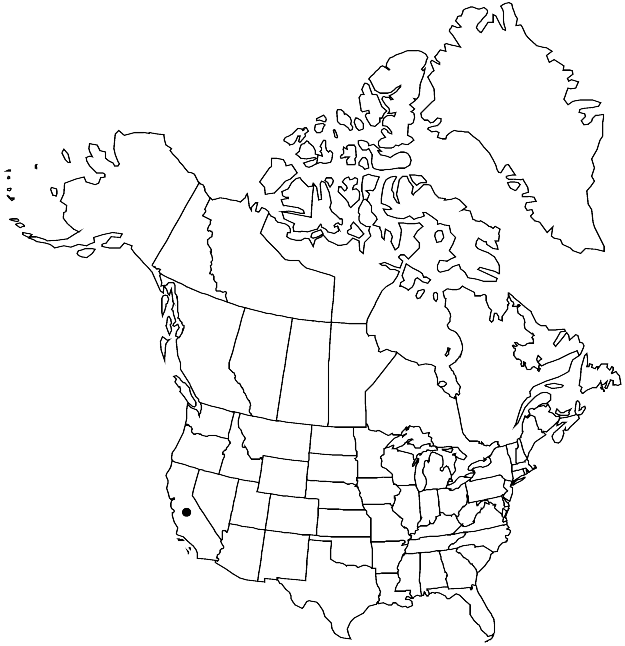Difference between revisions of "Streptanthus fenestratus"
Leafl. W. Bot. 9: 184. 1961.
FNA>Volume Importer |
FNA>Volume Importer |
||
| Line 7: | Line 7: | ||
|year=1961 | |year=1961 | ||
}} | }} | ||
| − | |basionyms={{Treatment/ID/ | + | |basionyms={{Treatment/ID/Basionym |
|name=Pleiocardia fenestrata | |name=Pleiocardia fenestrata | ||
|authority=Greene | |authority=Greene | ||
| + | |publication_title=Leafl. Bot. Observ. Crit. | ||
| + | |publication_place=1: 86. 1904 | ||
}} | }} | ||
|synonyms= | |synonyms= | ||
| Line 51: | Line 53: | ||
|publication year=1961 | |publication year=1961 | ||
|special status= | |special status= | ||
| − | |source xml=https://jpend@bitbucket.org/aafc-mbb/fna-data-curation.git/src/ | + | |source xml=https://jpend@bitbucket.org/aafc-mbb/fna-data-curation.git/src/f6b125a955440c0872999024f038d74684f65921/coarse_grained_fna_xml/V7/V7_1230.xml |
|tribe=Brassicaceae tribe Thelypodieae | |tribe=Brassicaceae tribe Thelypodieae | ||
|genus=Streptanthus | |genus=Streptanthus | ||
Revision as of 21:20, 24 September 2019
Annuals; (glaucous), glabrous throughout. Stems unbranched or branched proximally, (0.5–)1–2(–3.5) dm. Basal leaves rosulate; petiolate (petioles slender); blade 1- or 2-pinnatisect, 1.5–6 cm. Cauline leaves: blade ovate to lanceolate, similar to basal, base auriculate proximally, amplexicaul distally, margins usually coarsely dentate or entire, rarely pinnatifid (not divided into filiform segments, entire distally). Racemes bracteate below or between proximalmost 1 or 2 flowers. Fruiting pedicels divaricate-ascending, (straight), 2–7 mm. Flowers: calyx tubular-urceolate; sepals purple, 5–7 mm, slightly keeled or not, (apex recurved); petals rose-purple, 9–15 mm, blade 3–6 × 2.5–3.5 mm, margins not crisped, claw 6–9 mm, narrower than blade; stamens in 3 unequal pairs; filaments (distinct): abaxial pair 3–4 mm, lateral pair 1.5–2.5 mm, adaxial pair 5–7 mm, (recurved); anthers (all) fertile, 2–2.5 mm; gynophore 0.2–2.5 mm. Fruits usually ascending to divaricate, rarely reflexed, smooth or slightly torulose, slightly flattened, 2–5 cm × 1.2–1.7 mm; valves each with obscure midvein; replum straight; ovules 22–38 per ovary; style 0.1–1 mm; stigma entire. Seeds oblong, 1–1.5 × 0.7–0.9 mm; wing (0–)0.05–0.1 mm wide, distal. 2n = 28.
Phenology: Flowering May–Jun.
Habitat: Granitic ledges and sand, gruss deposits in open pine forest
Elevation: 1100-1800 m
Discussion
Of conservation concern.
Streptanthus fenestratus is known from Kings Canyon, Fresno County.
Selected References
None.
